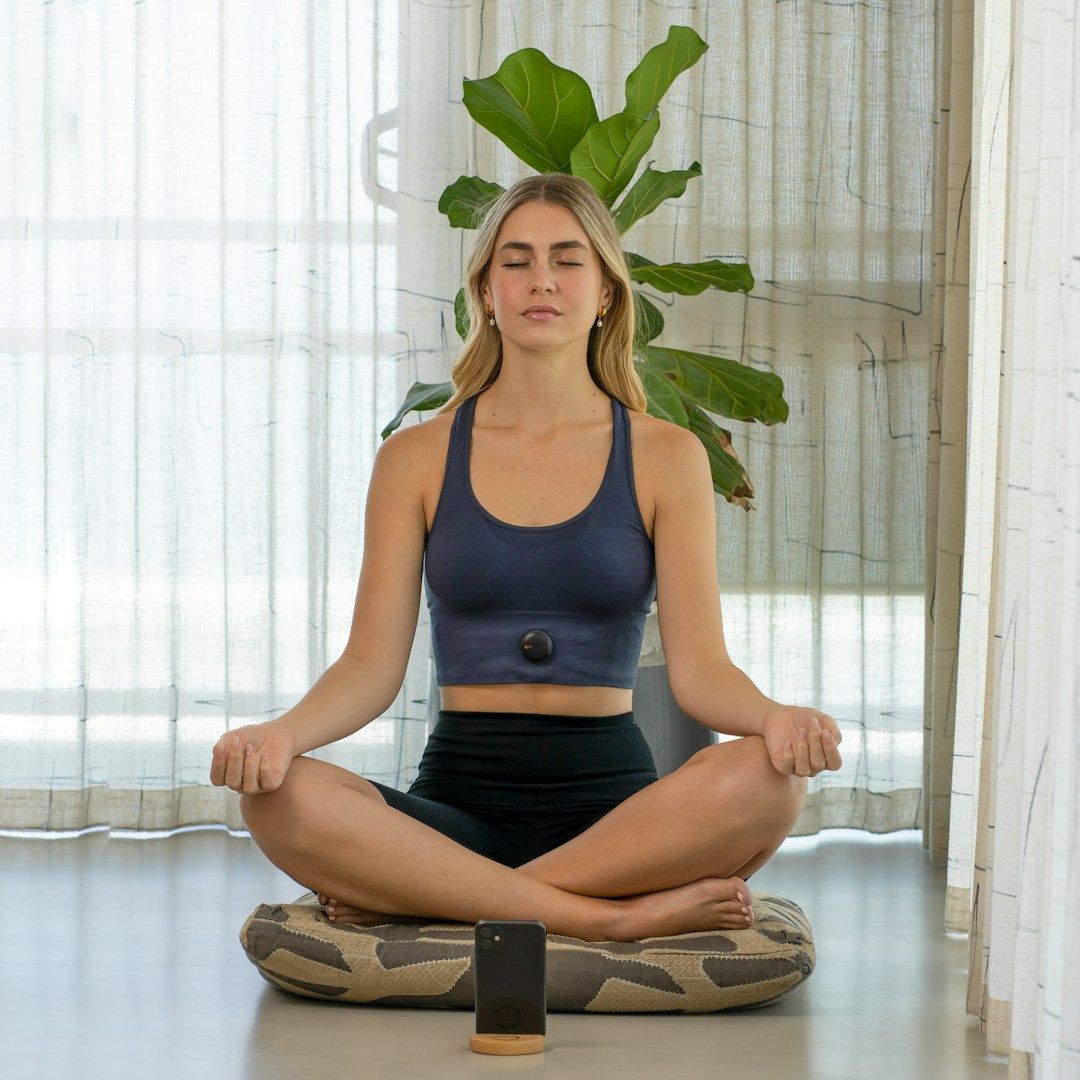Coping with Anxiety and Stress: Practical Tips for Daily Life
Introduction
In today’s fast-paced world, anxiety and stress have become common companions for many of us. Whether it’s due to work pressures, personal relationships, or the constant influx of information, these feelings can sometimes feel overwhelming. However, it’s essential to remember that there are practical ways to manage anxiety and stress, and incorporating small habits into your daily routine can make a world of difference in your mental and emotional wellbeing.
In today’s fast-paced world, anxiety and stress have become common companions for many of us. Whether it’s due to work pressures, personal relationships, or the constant influx of information, these feelings can sometimes feel overwhelming. However, it’s essential to remember that there are practical ways to manage anxiety and stress, and incorporating small habits into your daily routine can make a world of difference in your mental and emotional wellbeing.
Understanding Anxiety and Stress
Before we dive into solutions, it's important to understand what anxiety and stress really are.
Before we dive into solutions, it's important to understand what anxiety and stress really are.
Anxiety is the feeling of worry, nervousness, or unease about something with an uncertain outcome. It's often tied to overthinking or anticipating potential problems. While occasional anxiety is normal, chronic anxiety can interfere with daily life and requires attention.
Stress, on the other hand, is the body’s reaction to any change that requires adaptation or response. It can come from external pressures like deadlines or internal conflicts. Stress can be acute (short-term) or chronic (long-term), with the latter being more harmful to physical and mental health.
Practical Tips for Coping with Anxiety and Stress
Managing anxiety and stress doesn’t mean eliminating them entirely (as that’s often impossible), but rather learning how to handle them effectively so that they don’t control your life. Here are some practical tips you can incorporate into your daily routine:
1. Practice Mindful Breathing
When anxiety and stress hit, your breath often becomes shallow and rapid. Slow, deep breaths can help calm your nervous system and bring you back into the present moment. Try this simple exercise:
Inhale slowly through your nose for a count of 4.
Hold your breath for a count of 4.
Exhale slowly through your mouth for a count of 4.
Repeat for a few minutes.
This technique activates the parasympathetic nervous system, helping to reduce stress and anxiety almost instantly.
2. Exercise Regularly
Exercise isn’t just good for your body—it’s fantastic for your mind too. Physical activity releases endorphins, your brain's natural mood elevators, and reduces the levels of cortisol (the stress hormone) in your body. You don’t have to hit the gym hard; even a 20-minute walk or yoga session can be incredibly effective in alleviating stress and calming anxious thoughts.
3. Prioritize Sleep
Sleep is often one of the first casualties when anxiety and stress take hold. Lack of sleep can worsen stress and anxiety, creating a vicious cycle. Aim for 7-9 hours of sleep per night. To improve your sleep quality, create a calming nighttime routine that includes avoiding caffeine, heavy meals, and electronics before bed. Try journaling, reading, or listening to soothing music to wind down.
4. Stay Organized
Clutter in your environment can contribute to feelings of stress and overwhelm. Take a few minutes each day to tidy up your workspace, living area, or any other environment where you spend time. A clean and organized space can help reduce anxiety and create a sense of calm.
Additionally, managing your time effectively by creating daily to-do lists can help you feel more in control of your tasks. Break larger projects into smaller, more manageable steps to avoid feeling overwhelmed.
5. Connect with Nature
Nature has a calming effect on the mind and body. Take a break from your screen, step outside, and spend time in nature—whether it’s a walk through a park, a hike in the woods, or simply sitting outside and breathing in the fresh air. Even just 15 minutes a day can help reduce stress levels and provide clarity for your mind.
6. Limit Your Exposure to Stressful Triggers
In today’s digital age, we are constantly bombarded by information that can trigger stress and anxiety. If certain news stories, social media accounts, or toxic work environments are causing you stress, set healthy boundaries. Consider limiting your exposure to these triggers by taking regular breaks from social media or choosing specific times to check the news.
You can also reduce stress by saying “no” to commitments or people that drain your energy. It’s okay to prioritize your wellbeing over others' expectations.
7. Practice Gratitude
Gratitude is a simple yet powerful tool for shifting your mindset. Taking time each day to reflect on the things you are grateful for can help you focus on the positive aspects of your life rather than dwelling on stressors. Consider starting a gratitude journal where you write down three things you’re thankful for each day. This practice can help reframe your thoughts and create a more optimistic perspective.
8. Develop Healthy Coping Strategies
Instead of turning to unhealthy coping mechanisms, like excessive drinking or overeating, find healthy alternatives to deal with stress. This could include hobbies like reading, crafting, gardening, or listening to music. Engaging in activities you enjoy can help take your mind off stress and improve your mood.
9. Seek Support
You don’t have to navigate anxiety and stress alone. Sometimes, simply talking to a friend or family member can be a huge relief. If you find yourself feeling overwhelmed, consider seeking professional help from a therapist or counselor who can guide you through your feelings and provide coping strategies.
10. Practice Self-Compassion
10. Practice Self-Compassion
Finally, be kind to yourself. It’s easy to fall into a cycle of self-blame when you feel stressed or anxious, but self-criticism only exacerbates the problem. Remind yourself that it's okay to feel anxious or stressed—it’s a natural part of being human. Treat yourself with the same kindness and understanding that you would offer a close friend in a similar situation.

Learn more


